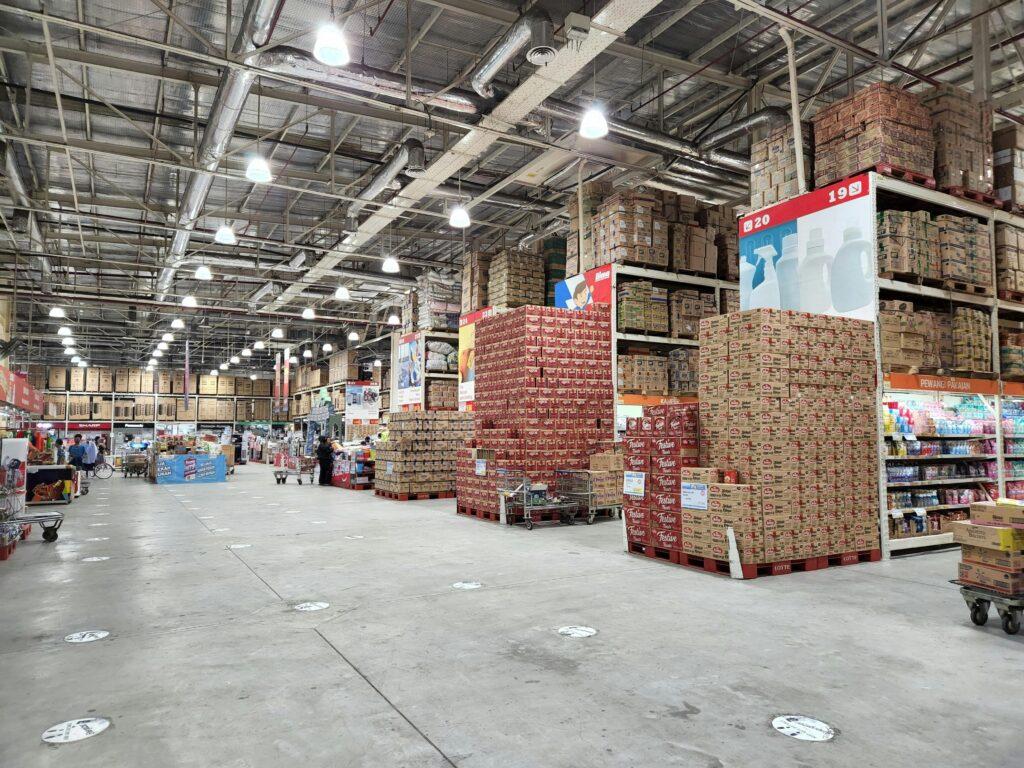In the intricate dance of commerce, wholesalers and retailers serve as linchpins, connecting manufacturers with end consumers and ensuring the seamless flow of goods through the supply chain. To thrive in today’s competitive marketplace, wholesalers and retailers must embrace strategic supply chain management practices that optimize efficiency, reduce costs, and enhance customer satisfaction. In this comprehensive guide, we’ll explore a range of strategies and best practices tailored specifically for wholesalers and retailers to elevate their supply chain excellence and drive business success.
Embrace Digital Transformation:
In the digital age, technology is transforming the way wholesalers and retailers manage their supply chains. Embracing digital transformation initiatives such as implementing advanced inventory management systems, leveraging data analytics for demand forecasting, and adopting cloud-based collaboration tools can streamline operations, improve decision-making, and enhance overall efficiency. By harnessing the power of technology, wholesalers and retailers can gain a competitive edge in today’s rapidly evolving market landscape.
Optimize Inventory Management:
Effective inventory management is crucial for wholesalers and retailers to maintain the right balance between supply and demand. Implementing best practices such as just-in-time (JIT) inventory management, ABC analysis for prioritizing inventory, and safety stock optimization can help minimize carrying costs, reduce stockouts, and improve cash flow. By optimizing inventory levels and replenishment processes, wholesalers and retailers can ensure they have the right products available at the right time to meet customer demand while minimizing excess inventory.
Strengthen Supplier Relationships:
Strong supplier relationships are essential for wholesalers and retailers to secure reliable and high-quality products at competitive prices. Investing in building trust, communication, and collaboration with suppliers can result in preferential treatment, better terms, and access to exclusive products or discounts. By fostering long-term partnerships with key suppliers, wholesalers and retailers can mitigate supply chain risks, improve product availability, and drive mutual growth and success.
Enhance Logistics and Distribution:
Efficient logistics and distribution processes are critical for ensuring timely and cost-effective delivery of goods to customers. Wholesalers and retailers should focus on optimizing transportation routes, leveraging third-party logistics providers for warehousing and fulfillment, and investing in technology-enabled tracking and monitoring systems to improve visibility and efficiency throughout the supply chain. By streamlining logistics and distribution operations, wholesalers and retailers can reduce lead times, lower transportation costs, and enhance customer satisfaction.
Implement Demand-Driven Planning:
Demand-driven planning involves aligning supply chain activities with customer demand to optimize inventory levels, production schedules, and procurement decisions. Wholesalers and retailers can leverage data analytics, market research, and customer insights to forecast demand accurately and adjust their operations accordingly. By adopting a demand-driven approach to planning, wholesalers and retailers can minimize excess inventory, reduce stockouts, and improve responsiveness to changing market conditions.
Embrace Sustainable Practices:
Sustainability is increasingly becoming a priority for consumers and businesses alike. Wholesalers and retailers can differentiate themselves in the market by embracing sustainable practices throughout their supply chain operations. This includes sourcing products from environmentally responsible suppliers, minimizing packaging waste, optimizing transportation routes to reduce carbon emissions, and promoting eco-friendly initiatives such as recycling and waste reduction. By embracing sustainability, wholesalers and retailers can not only reduce their environmental footprint but also enhance their brand reputation and appeal to eco-conscious consumers.
Invest in Employee Training and Development:
People are the backbone of any successful supply chain operation. Wholesalers and retailers should prioritize investing in employee training and development to ensure their staff have the skills and knowledge required to excel in their roles. This includes providing training on supply chain management principles, inventory management techniques, customer service skills, and emerging technologies. By empowering employees with the tools and resources they need to succeed, wholesalers and retailers can drive operational excellence, reduce errors, and foster a culture of continuous improvement within their organizations.
In conclusion, wholesalers and retailers play a pivotal role in the global supply chain ecosystem, serving as crucial intermediaries between manufacturers and consumers. By embracing strategic supply chain management practices such as digital transformation, inventory optimization, supplier relationship management, logistics enhancement, demand-driven planning, sustainable practices, and employee training and development, wholesalers and retailers can optimize efficiency, reduce costs, and deliver superior value to their customers. By continuously refining their supply chain strategies and embracing innovation, wholesalers and retailers can stay ahead of the curve and drive sustainable growth and success in the dynamic marketplace.

